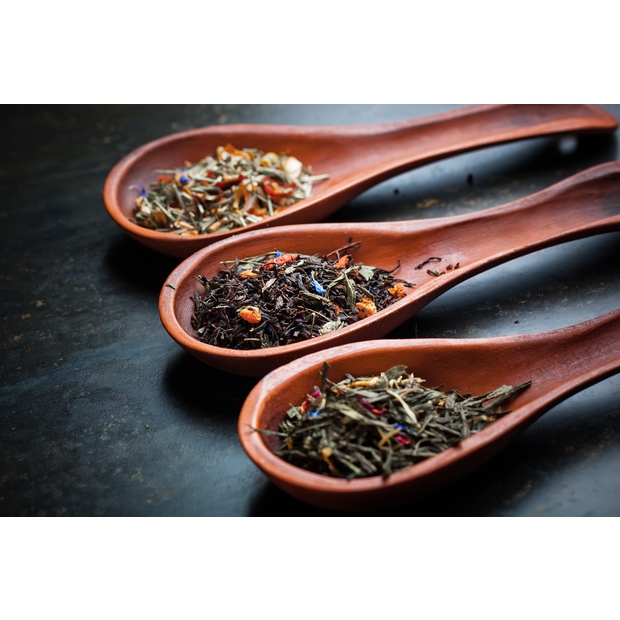Black Tea and Green Tea: Classic Beverage Choices
1. Black Tea
-
Fermentation Level: Fully fermented.
-
Flavor Profile: Rich and robust, with notes of malt, honey, or fruit.
-
Common Varieties:
-
Assam Tea: Strong and bold, often paired with milk.
-
Darjeeling Tea: Fragrant and aromatic, known as the "Champagne of Teas."
-
Ceylon Tea: Intense flavor, ideal for iced tea.
-
-
Serving Methods: Can be enjoyed hot or cold, often with milk, sugar, or lemon.
2. Green Tea
-
Fermentation Level: Unfermented.
-
Flavor Profile: Fresh and delicate, with grassy or seaweed-like notes.
-
Common Varieties:
-
Longjing Tea: A famous Chinese tea with a sweet, mellow taste.
-
Biluochun: Highly aromatic with a refreshing flavor.
-
Sencha: A common Japanese green tea, light and slightly sweet.
-
-
Serving Methods: Typically served hot, but can also be cold-brewed or enjoyed over ice.
3. Differences Between Black Tea and Green Tea
-
Fermentation Level: Black tea is fully fermented, while green tea is unfermented.
-
Color: Black tea has a reddish-brown hue, while green tea is green or yellowish-green.
-
Flavor: Black tea is bold and robust, while green tea is fresh and light.
-
Caffeine Content: Black tea generally has higher caffeine levels than green tea.
4. Health Benefits
-
Black Tea: Rich in antioxidants, beneficial for heart health.
-
Green Tea: Contains catechins, which help with antioxidant activity and metabolism.
5. Occasions for Consumption
-
Black Tea: Perfect for breakfast or afternoon tea.
-
Green Tea: Ideal after meals or when a refreshing boost is needed.

